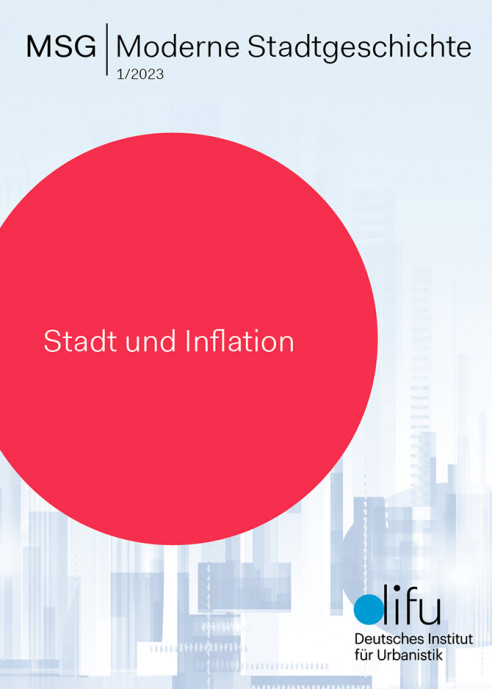Stadt – Land – Reich. Die Wirkung der Inflation auf die Finanzbeziehungen und die kommunalen Einnahmen in der Weimarer Republik
DOI:
https://doi.org/10.60684/msg.v54i1.4Schlagworte:
Inflation, Kommunale Einnahmen, Weimarer Republik, WirtschaftskriseAbstract
The German inflation of 1914 to 1923 was a serious blow to German cities. This also applied to municipal finances. On the one hand, these were thrown into disarray by the devaluation of money. On the other hand, they were put on a completely new footing by the financial reforms of 1919 and 1920. In the standard works on the inflationary period, municipal finances have little significance. Yet a look at cities and their finances promises historical insights that go beyond an understanding of the municipal room for maneuver during the inflationary period. The article argues that the policy decisions of financial officials and politicians tell us much about how the expectations of economic actors developed. In particular, their fiscal behaviour shows that the path to the monetary catastrophe was by no means preordained from the perspective of the municipalities. Such a catastrophe did not become apparent until well into 1922.
Downloads
Veröffentlicht
Ausgabe
Rubrik
Lizenz
Copyright (c) 2023 Sebastian Teupe

Dieses Werk steht unter der Lizenz Creative Commons Namensnennung 4.0 International.






